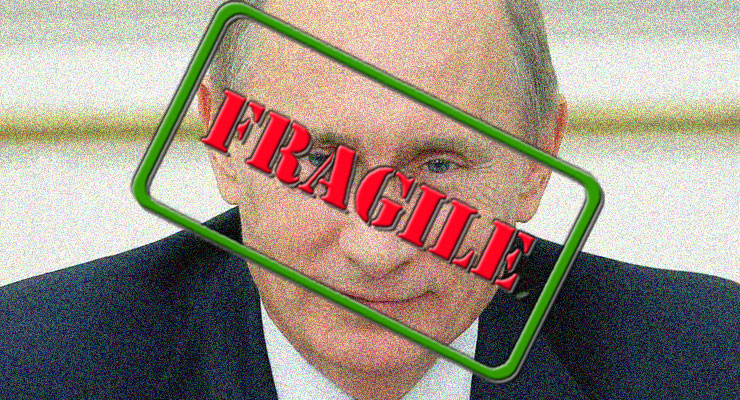
There was an interesting post at Democracy Digest highlighting the waning power of Vladimir Putin.
Twenty years ago, Vladimir Putin appeared on the political Olympus in the guise of an effective bureaucrat with a security services background; a market-oriented statesman and pragmatist without ideological pretenses, notes analyst Kirill Rogov. Today, Putin is a powerful authoritarian leader of the “strongman” type, engaged in a political confrontation with the West and an ideological struggle with global liberalism, in the service of which he is decisively sacrificing any pragmatic goals for developing the country, he writes for The Moscow Times:
The total revisionism of the second Putin period is linked to this. The change gave absolute priority to the understanding of ”sovereignty;” searched for new ideological pillars in the form of “social ties” and “traditional values,” pushed aside the imperatives of modernization and formed “nationally oriented elites.” It also refused to recognize the borders that had resulted from the collapse of the U.S.S.R., leading to a decisive turn away from cooperation toward confrontation with the West.
The current Russian leadership might look strong. But it’s actually running scared, Democracy Post’s Christian Caryl adds. As the Carnegie Endowment’s Andrey Pertsev recently noted, “Russians, once cowed by the potential consequences of taking to the streets, are increasingly willing to protest over nonpolitical and local issues.”
See full story here.
Leave a Reply